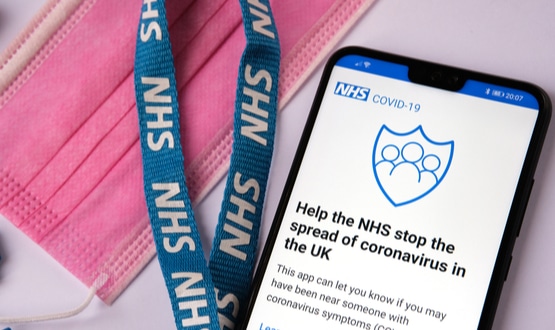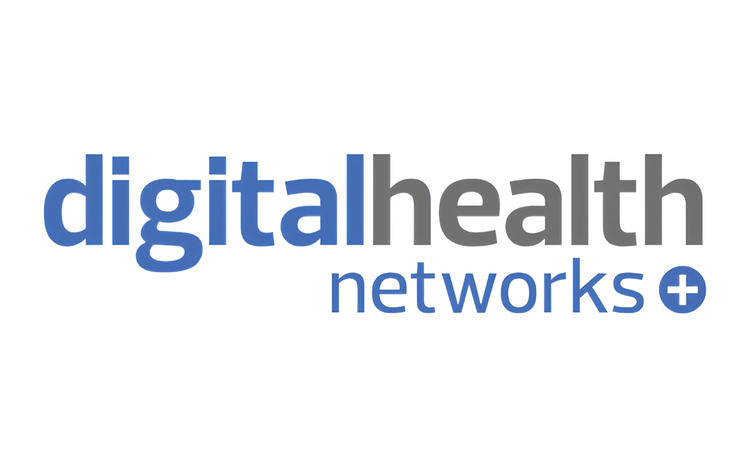An Advisory Panel member’s view of Covid-19
- 30 June 2020

As a member of the Digital Health Networks Advisory Panel, we asked Aasha Cowey to share some of her experiences of working during the Covid-19 pandemic. Here is what she had to say.
As part of my advisory panel role, I’ve been asked to share a bit around what I’ve been up to in supporting the Covid-19 response.
I’m really lucky that in my current role, I get to be involved in a variety of work. My main responsibility at the moment (in the pre-Covid world) is supporting Health Education England’s Building a Digital Ready Workforce (BDRW) programme 3-4 days a week and the rest of the time I support various pieces of consultancy depending on what the needs of the NHS are – usually in the Primary Care space.
Over the last few weeks I have been supporting the Covid-19 Clinical Assessment Service (CCAS). The CCAS has been set up to manage patients who require discussion with a clinician following their use of NHS 111. South, Central & West Commissioning Support Unit (CSU) have been supporting various aspects of this programme and my role specifically was to help lead implementation of a new rostering system, WORKsuite.
Phenomenal pace
Things that would take months in the real world were delivered in weeks. User acceptance testing, requirements, pilots, developing interim and then BAU processes, technical testing, migrating data from legacy systems, communicating to clinicians, DPIAs, communications, user training and development of handbooks/FAQs.
It was all done at a phenomenal pace. It very much felt like the track was being laid just ahead of the train. We had a couple of teething problems which is hardly surprising given the pace, but through working really closely with the supplier and a fantastic team we were able to turn things around and manage the implementation at an incredible speed.
Importance of end user engagement
One of my main reflections and I suppose reinforcing the learning points, was the need to work really closely with the end users. For me, that was our clinicians who would be using the new rostering tool and also our rostering team who needed to be able to do a number of things which included reporting who was expected on a shift, onboarding new users into the system and having nominated super users to support the clinicians with the new system.
While it was a simple solution, holding a couple of drop-in virtual sessions really helped to enable early discussions, identify emerging issues and get them fixed as quickly as we could.
Opening these communication channels up was vital and while it resulted in a lot of feedback and work, it was essential to the success of the project, reinforcing that you cannot do digital transformation without working hand-in-glove with those in the operational teams who will be impacted. Without this close working between colleagues across the teams the implementation may have had a completely different and less positive outcome.
Working with different disciplines
The project also showcases good multidisciplinary working across the different disciplines within informatics alongside, the wider organisation especially when it progresses beyond simply implementing a system to understanding the change management and processes around it.
To give one example our team worked very closely with Business Intelligence colleagues who built a web portal to identify “roster ready” clinicians. The output of this was tableau reporting to ensure clinicians were contacted at an appropriate time to be invited onto the new Rostering system, after training and other checks had been done, and not too early.A big piece of personal learning I have taken from working on this project is that I am capable of more than I give myself credit for, and with the speed at which project decisions needed to be made I was more than able to deliver these using a combination of experience, instinct and sensibly analysing the information available at the time.
I have both quite bad imposter syndrome and anxiety, so I often second guess the decisions I make, although I am told I often do not need to. I hope I can take this as a lesson to trust myself a bit more and believe that the decision I made was the right thing to do at that time, and can be justified based on the available information.
How many meetings is too many?
In the pre-Covid world, I also think about the number of meetings we would have probably had in order to process such an implementation. I appreciate that there needs to be a sensible level of assurance and governance, but this has made me question how essential all of that is.
Returning to my work on the BDRW programme, this has also been interesting and as a team we had been really mindful of not ‘bothering’ people amidst Covid-19, especially at the start of the pandemic.
However as the first few weeks passed, it became clear that for some, that they welcomed the choice to think positively about the future and to have a distraction in a world otherwise subsumed with Covid-19.
I am really looking forward to getting back into that and actually this experience has reaffirmed to me the importance of having a capable and skilled digital workforce, critical as we move through and beyond the pandemic.
Indeed some of the different ways we are working as a result of Covid-19 will influence some of BDRW work, giving us the opportunity to break down some barriers.
Taking a breath
I want to end with a note on mental health and what a sustainable future looks like.
I’m quite well tuned into mine – I’m quite open with the fact I have anxiety and as a result I am quite well tuned into my red flags and coping mechanisms.
We have to be really careful with the pace of work taking place during the crisis.
It is not sustainable. I felt exhausted when I stopped the Covid-19 work and my adrenaline took a nosedive. There are lots of people out there who have not yet stopped and had that crash.
The reason I say this, is that somewhere out there, there is a good balance where we can do things at pace and remove some of the layers of bureaucracy where they do not add value, but also ensure that we do this in a way that does not burn ourselves out in the process.




